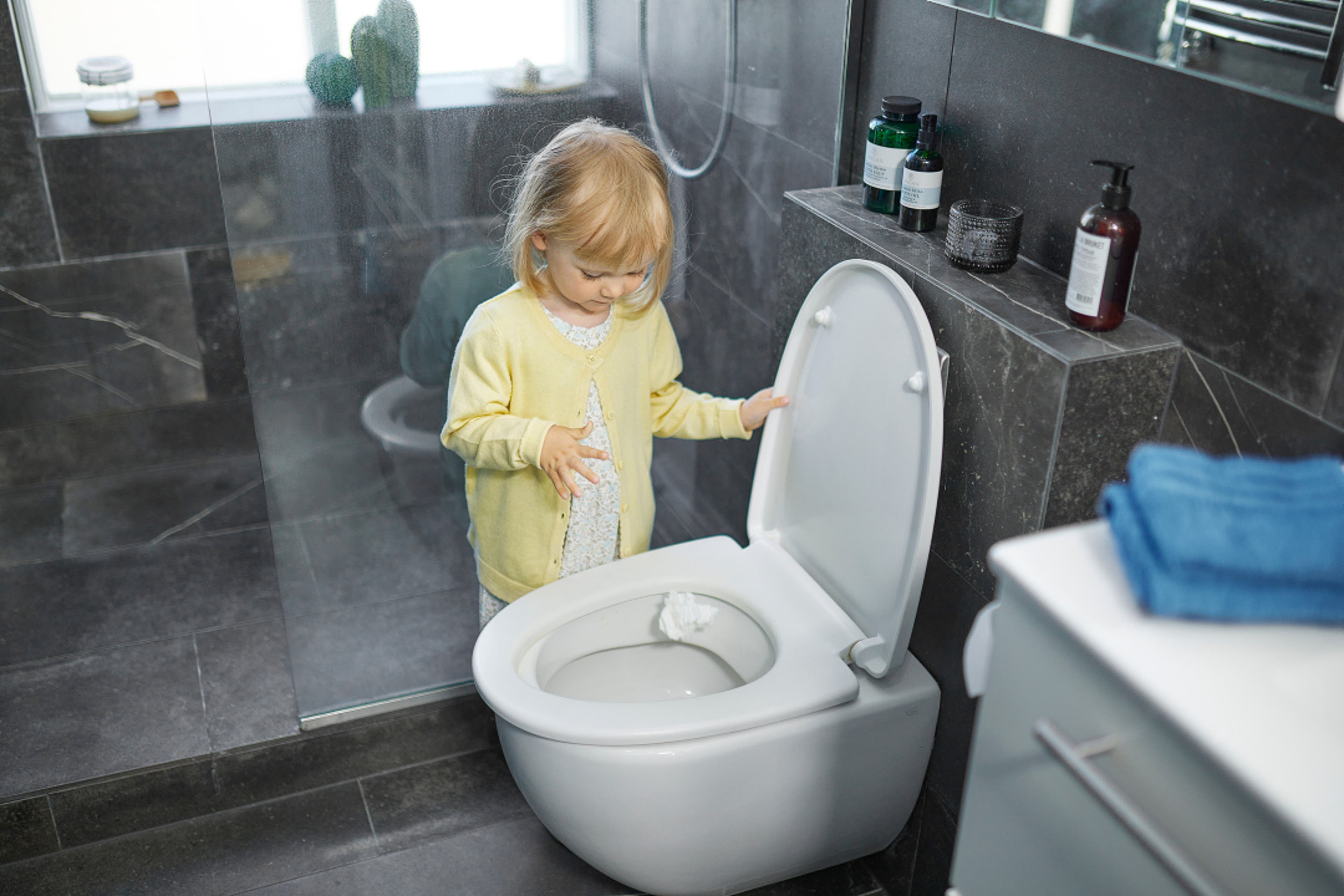
The Sewer System is Designed for Very Limited Waste
Sewer pipes, pumps, and treatment equipment are made to transport dirty water from toilets and drains. There isn’t much that can pass through without causing blockages.
Urine, feces, toilet paper, vomit, and blood may go into the toilet, as they easily break down in water, but trash should go in the trash bin.
Household sewer lines—that is, the pipes from the house to the property boundary—are always in ownership and the responsibility of the homeowner. Wet wipes, grease, oil, and trash can clog these pipes, and the cost of clearing blockages is always the homeowner’s responsibility.
Blockages in household pipes can cause water damage inside the home.
Garbage Disposals
Sink garbage disposals are not suitable for the sewer system. Food waste that goes through them changes the acidity of the wastewater and increases the strain on pumping and treatment stations, in addition to the fact that they can clog pipes.
Food scraps contain fats that often accumulate in pipes and form lumps that cause blockages. Such lumps are an ongoing problem in countries where garbage disposals are common. This doesn’t only affect the large pipes out in the street, but also household pipes, leading to costs for homeowners since they are responsible for those pipes.
Here you will also find print-friendly versions of the stickers/posters